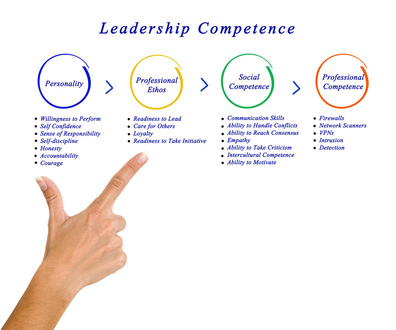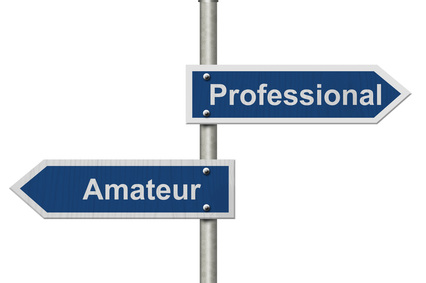|
Why is professional competence important as a leader? Because leadership starts with the leader – they must master the competencies relevant to their role if they have any hope of influencing others. In other words, before trying to influence others, an effective leader has to make sure their own shit is wired tight.
Competencies are the skills, techniques, attitudes, and knowledge needed for a role or position. They can cover a variety of domains, to include knowledge, cognitive ability, social capacity, communication, personality traits, and professional motivation and values. |
Linking this to the investigation of writers as leaders, how does this principle apply? Let’s break down the constituent parts.
Knowledge and skills comprise the toolbox of any professional, and in writing this would consist of the aspects of storytelling; pace, language, point of view, grammar, genre etc. Cognitive ability is also applicable to a writer, although perhaps not in the military context of switching between positions. Still, a writer must be able to keep a pulse on what’s going on, knowing their audience and following developments in the industry.
Personality traits are also important, especially when working within a small team, such as the editing, marketing and publishing components. Does a writer have the flexibility of thought to take criticism, then adapt and overcome? Or keep pursuing professional development so their work is constantly improving? This is where being honest with oneself comes into play. Communication as a competency is an easy one, partially dovetailing into knowledge and skills (writing is communication after all), but clearly it goes beyond this to include all the interpersonal verbal skills required to work in a small team.
Of all the competencies, professional motivation and values is the one I have the most trouble applying because I’m not convinced that writing is a profession, at least by the normal definitions. Sure, it meets a lot of the criteria, but some are problematic. Is there a professional association in control of the profession? Not really. Are there agreed upon performance standards for admission to the profession? Kind of, I guess, if you view the marketplace as the standard.
|
Notwithstanding the academic argument, I think we need to take a broader look of writing as a profession, not applying standard criteria, but perhaps Steven Pressfield’s criteria of what constitutes a professional. As a writer, are you committed to having the best book possible, to improving craft and consistently doing the work? If so, then arguably professional motivation and values are at play.
Ultimately, whether soldier or writer, the most relevant part of achieving professional competence is simply being a professional. As Mr. Pressfield itemizes in The War of Art, a professional shows up every day, stays on the job all day, and is committed for the long haul (amongst other things). |
Until next week, when we’ll look at whether the leadership principle of Clarifying Objectives and Intent applies to writing.



